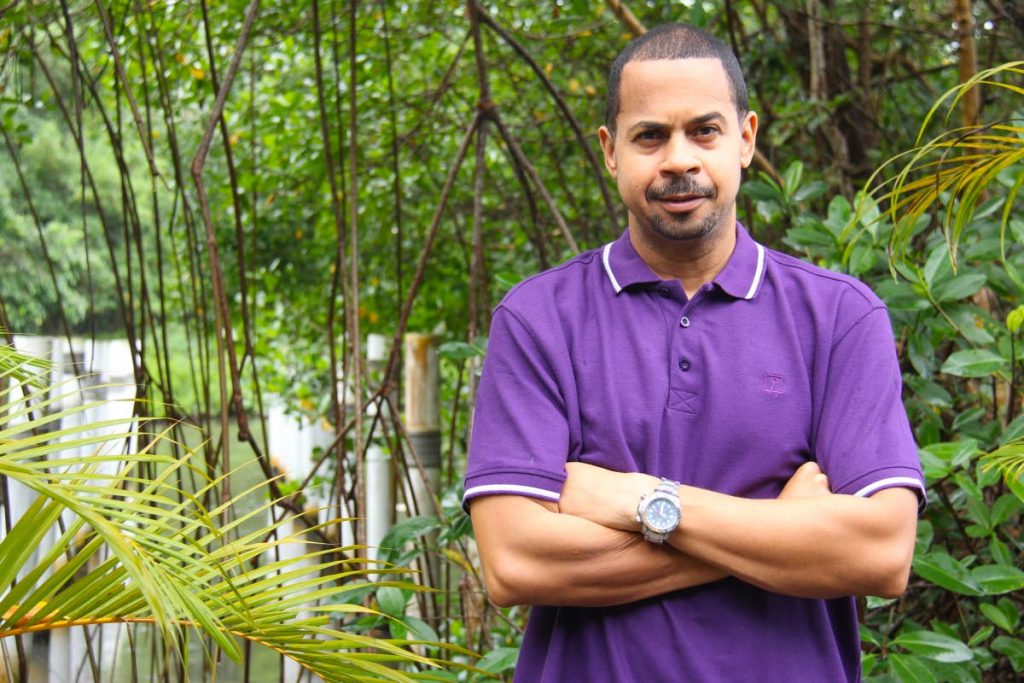The Opposition in a time of crisis

ON PAPER, taking advantage of your opponent's weaknesses is fair play. Is it enough, though? Is it sufficient to simply draw energy from the government's inexhaustible reserves of hubris and incompetence?
The answer is no.
In an interminable crisis or, more appropriately, apocalypse, some believe politicians should pull together for a united front.
The truth is, now is the time for aggressive, unrelenting interrogation and analysis of the government's actions. Errors of leadership in perilous circumstances bear grave consequences.
With stakes so high and lives and the economy in jeopardy, now isn't the time for garlands and hand-holding largely for optics.
The question is, what should the opposition, in a time of crisis, look like?
Certainly, the UNC has been derided as grasping and practically treacherous in its reactions to government's management of the pandemic. Such characterisations are simultaneously unfair and spot on.
Of course, it's impossible to avoid perceptions of political opportunism and needless needling.
Still, there is a method for keeping those in government "honest"without being spiteful or irresponsible. There are techniques that eschew the typical politics of attrition that only serve narrow party interests.
The role of the opposition is of particular importance in an environment in which civil liberties have been revoked. How is the UNC using its voice to cut through the haze of suspended human rights, wanton borrowing and spending with little to show, and a pattern of ineptitude in the government's stewardship of this epochal event?
Government officials have boasted repeatedly they wouldn't have done anything differently.
A thinking, strategic opposition would itemise everything that could and should have been done differently to avoid the outcomes we've experienced. Such arguments shouldn't be dressed up in personality rhetoric but presented through supporting data and case studies. This approach is crucial for several reasons:
The government wields tremendous resources and determines who has access to what relief. A pandemic-empowered state can shift resources, tap into funding and spend billions in an ongoing shell game. All this can be done under the guise of an unprecedented crisis demanding unprecedented action.
Never before has there been a greater need for a virile defence of the public interest. This pandemic is a godsend to any government that's under-performing and intrinsically opaque in its dealings.
However, what the UNC doesn't understand is when it flavours its questions or criticisms with partisan posturing, it poisons its own messaging. There is also a knock-on effect.
Just as the opposition is dismissed as political scavengers, so too is anyone with legitimate, apolitical questions about the government's handling of this crisis.
This is evidenced in almost every covid19 news briefing. The PM invariably processes queries and criticisms of ordinary citizens as the spiteful vitriol of opposition emissaries.
This two-stroke thought process is dangerous and undermines democratic mechanisms.
This is compounded by the at-times terribly flawed way the opposition communicates. The shocking tone of some recent news releases written in the name of the opposition leader undermines credibility and neuters both content and intent.
Supporters defending those releases say it's the only way to relate to PNM loyalists, by getting down to their level.
This is foolish for several reasons. It doesn't matter what's said in an opposition news release; PNM-to-the-mitochondria supporters aren't going to be swayed by it anyway. Additionally, "giving as good as you get" is pretty worthless as a communications tactic.
A news release is supposed to engage, not alienate people. Educated, enlightened PNM supporters and the politically unaffiliated who are good targets for sensible discussion won't be seduced by robber talk.
When the UNC saw an opportunity in the resurgence of the luxury-vehicle tax exemptions debacle, it fumbled the issue with bewildering results.
It should have anticipated that soon enough, documents would be released showing itsown people had accessed the perk. Instead, its take on the topic was inchoate and a master class in hypocrisy. Thus, an important concern was drowned out in a torrent of "whataboutisms" from the peanut gallery.
Without the advantage of the moral high ground, the only effective strategy is to attack policy and results rather than personality. Moreover, a strategy woven on the loom of the repeating failures of the PNM administration will fray almost effortlessly. Moral outrage is a finite source of energy. People are fed up and tune out.
An effective opposition should lean on solid arguments rather than patchy salvoes light on substance and heavy on mauvais langue. Rarely is cheap politics ever a worthy substitute for introspection, clear thought and strategy.


Comments
"The Opposition in a time of crisis"